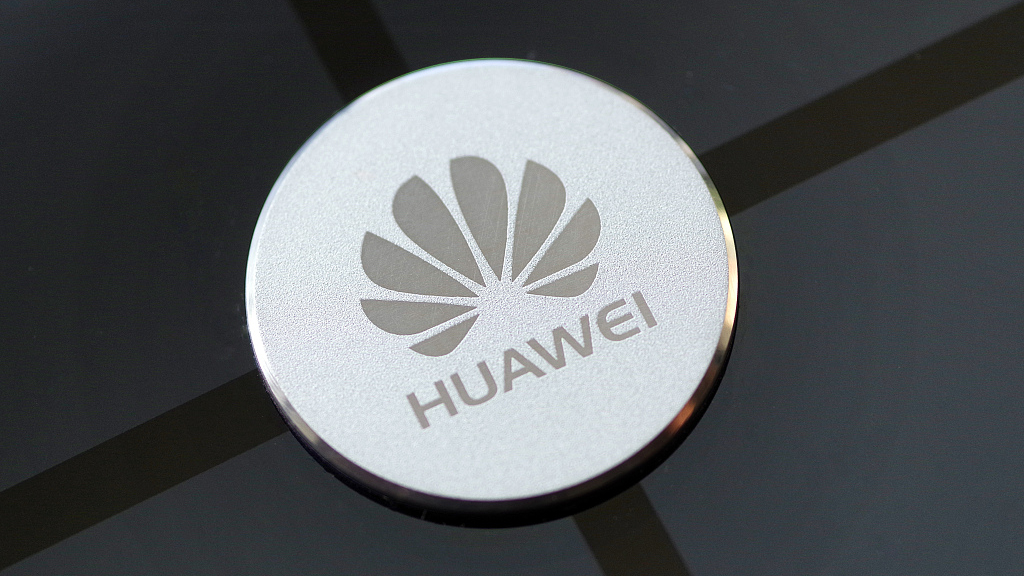
Chinese tech giants Huawei and ZTE are deemed as being national security threats by a new law signed by U.S. President Donald Trump. /VCG
Chinese tech giants Huawei and ZTE are deemed as being national security threats by a new law signed by U.S. President Donald Trump. /VCG
Rural telecommunication carriers in the United States will no longer be able to tap into U.S. subsidies to purchase equipment from Chinese tech giants Huawei and ZTE.
On Thursday, President Donald Trump signed the new law, known as the Secure and Trusted Communications Networks Act, which deems both companies as being national security threats.
The new law also requires the Federal Communications Commission (FCC) to assist rural carriers and network providers through a yet to be established program on removing and dismantling previously installed equipment manufactured by the two targeted companies.
Late last year, the FCC unanimously voted to block local and rural carriers from accessing the Universal Service Fund (USF), a subsidy, to purchase Huawei equipment. The Shenzhen-headquartered firm subsequently filed legal proceedings in December.
Huawei spokesperson Donald Morrissey commented that the bill is an "unrealistic attempt to fix what isn't broken," adding that it will hurt local consumers.
The Act allows for 1 billion U.S. dollars to be used throughout the phasing out of said equipment, though it does not specify how this funding will be appropriated.
Chairman of the FCC Ajit Pai told Congress "To appropriate the necessary funding to reimburse carriers for replacing any network equipment or services found to be a national security threat."
It's the latest move by Washington in what has been a long and drawn out campaign against the Chinese tech firm, based on claims of national security threats and "back doors" to the Chinese government.
Huawei has always disputed these claims saying they lack substance.
(With input from Reuters)